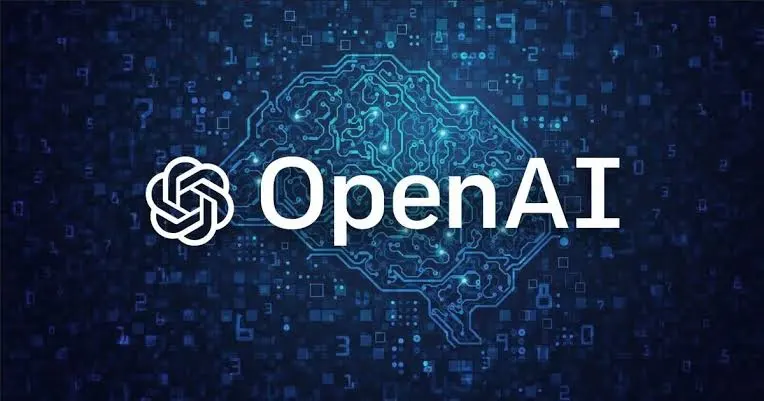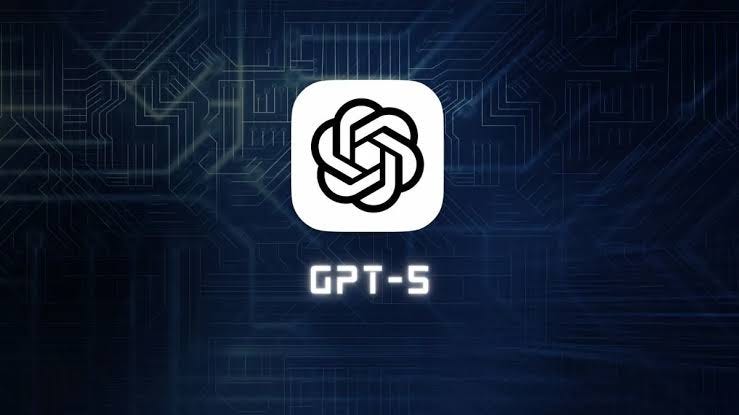GPT-4 has taken over the news with its smooth chat capabilities, code support abilities, and real-time vision capabilities, courtesy of OpenAI. Meta is seeking its piece of the limelight with Llama 4 Scout, the most ambitious open-weight model ever developed by the company. As a downloadable checkpoint that comes under a permissive license, people are free to run, optimize, or even port to local hardware. The question is this: will this new release present the constructors with an open option that can compete with GPT -4?
Spec Showdown
The two models fall into the same category, with 7,090 billion parameters, but their training philosophies differ. GPT-4o is also a closed SaaS product, regularly updated with data provided by OpenAI itself. In comparison, Scout was trained on a set of highly documented 15-trillion-token mixture of publicly available web content, scholarly articles, and preselected conversation packs. Meta says Scout competes with GPT -4 in reasoning skills (e.g., on MMLU and GSM8K benchmarks) and surpasses it in multi-lingual tasks due to its more extensive global corpus.
Context Windows Do Matter
The key selling point of Scout is its 256 k-token context window, which is enough context to store multiple novels or a full code base. GPT-4o will provide 128k tokens to most users, with an optional extension to a more expensive enterprise-level size. Whether it is startups developing chatbots that refer to long PDF manuals or students who want the notes of an entire semester in a single prompt, the additional memory of Scout has the potential to be a winning factor.
Multimodal Muscles
GPT-4o continues to dominate real-time vision. Its built-in camera mode can describe a live scene, read a menu or debug code on a whiteboard. Scout manages pictures and sound using modular adapters, which you load at run-time. That solution maintains a less loaded core model, introducing latency and preparation. Meta has promised an integrated multimodal checkpoint later this year; in the meantime, GPT-4o is the more fluent plug-and-play option in highly vision-based applications.
Precise Liberation and Price
Scout is open-weight, allowing one to fine-tune locally on a single A100 GPU, prune layers on a mobile device, or quantize to eight-bit without waiting for an API release. The closed endpoint of GPT -4 implies that you should pay per call and rely on the OpenAI roadmap for every new feature. Even on consumer GPUs, at scale, a Scout chatbot might cost 70 percent less per query than GPT -4, so long as you bear the fixed cost of hosting it.
Verdict
Scout does not topple GPT -4 in every event benchmark, but it closes the gap sufficiently that several teams will reconsider their stack. Do you need a real-time vision? Then GPT-4o reigns. Llama 4 Scout could also be the open-source breakthrough you have been waiting for, provided its massive context windows, ownership, and hackability are to your liking. It means one thing: at least the AI landscape has become significantly more competitive, and this is great news for builders everywhere.



